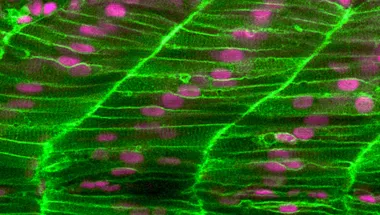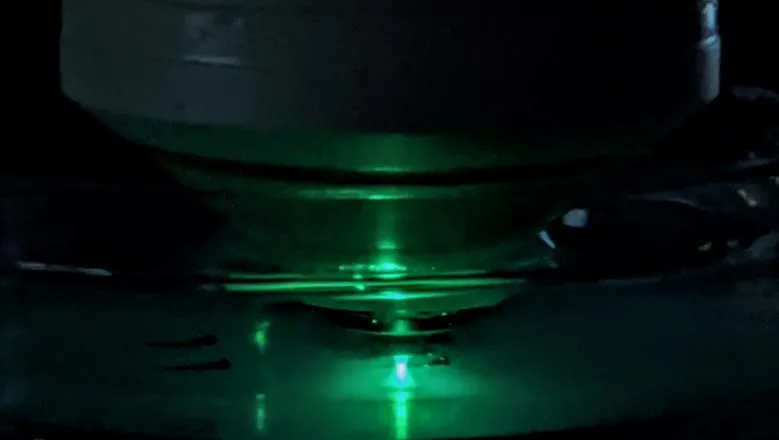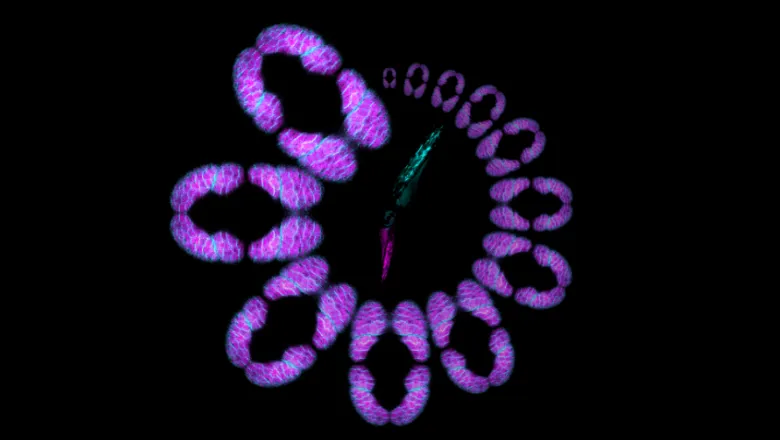
Dr Jeffrey Kelu
Postdoctoral Research Associate
Biography
Dr Jeffrey Kelu joined the Hughes Lab in September 2018. Prior to joining King's College London, he completed his doctoral training at the Hong Kong University of Science and Technology, where he investigated Ca2+ signalling pathways involved in the development of skeletal muscle cells and primary motor neurons, using zebrafish as a model system.
At King's, Dr Kelu focuses on elucidating the cell-autonomous mechanisms governing protein turnover and volumetric growth of skeletal muscle, with particular emphasis on circadian clock regulation. He utilises the zebrafish larval system, which offers unique advantages for resolving the temporal dynamics of tissue growth in vivo. Moreover, zebrafish is a well-established model for circadian studies, possessing a molecular clock oscillator closely resembling that of mammals, and being diurnal — active during the day and resting at night — like humans.
Dr Kelu's research has uncovered an intricate relationship between the circadian clock and muscle growth. He demonstrated that muscle grows faster during the day than at night, a phenomenon driven by elevated diurnal protein anabolism and enhanced nocturnal protein catabolism. Notably, he showed that these rhythmic processes persist even in the absence of physical activity and feeding, indicating direct regulation by the intrinsic muscle circadian clock. His recent work suggests that the muscle peripheral clock specifically activates the ubiquitin-proteasome system (UPS) and autophagy at night to facilitate protein degradation. Furthermore, dysfunction of the muscle clock leads to premature sarcopenia — the loss of muscle mass and strength associated with ageing, as observed in elderly humans.
Dr Kelu's findings significantly advance our understanding of circadian regulation in muscle metabolism. Ongoing research aims to further elucidate these mechanisms and support the development of chronotherapeutic strategies to mitigate the adverse effects of circadian rhythm disruption on muscle maintenance and health, particularly in contexts such as shift work and sleep deprivation.
Research

Hughes Group
The Hughes Group is part of the Randall Centre for Cell & Molecular Biophysics
News
Biological 'clocks' key to muscle health and accelerated ageing in shift workers
Muscle cells contain their own circadian clocks and disrupting them with shift work can have a profound impact on ageing, according to new research.

Features
Are clock changes harming our health?
DrJeffrey Kelu discusses ditching daylight savings

Muscle growth is higher in the daytime, which is regulated by the biological clock - new study
Hughes Group has recently discovered a crucial role of the circadian clock in the regulation of muscle growth that is growth independent of physical activity...

Research

Hughes Group
The Hughes Group is part of the Randall Centre for Cell & Molecular Biophysics
News
Biological 'clocks' key to muscle health and accelerated ageing in shift workers
Muscle cells contain their own circadian clocks and disrupting them with shift work can have a profound impact on ageing, according to new research.

Features
Are clock changes harming our health?
DrJeffrey Kelu discusses ditching daylight savings

Muscle growth is higher in the daytime, which is regulated by the biological clock - new study
Hughes Group has recently discovered a crucial role of the circadian clock in the regulation of muscle growth that is growth independent of physical activity...

